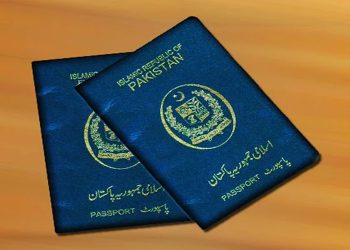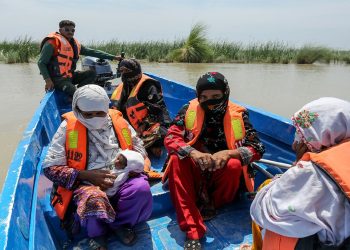The border dispute between Pakistan and Afghanistan continues even with the new Taliban regime. Recently videos surfaced showing Taliban fighters removing the fencing claiming it was built in their territory. This threatens bilateral ties and assistance-related projects with the neighbouring country.
Pakistan had decided to fence the porous border with Afghanistan to check on movement of terrorists and control smuggling. The previous Afghan government had strongly objected as it doesn’t recognize the demarcated Durand Line that has split families and tribes on either side. The incidents along the border and continued obstacles faced by Pakistan’s security forces suggest the Taliban regime also opposes the internationally recognized border.
The Pakistan Army has reiterated that border fencing would continue as planned as security forces had sacrificed their lives. DG ISPR had recently maintained that ‘blood of martyrs’ went in fencing which was being done to protect people on both sides and facilitate trade.
The border dispute between Pakistan and Afghanistan has festered since decades. Previous Afghan governments have remained hostile towards Pakistan over the contentious matter. Former Afghan president Daud launched a propaganda war, while Hamid Karzai said they will never compromise over the border. Pakistan had urged Afghanistan to recognize the border but no headway has been made.
The border has been declared one of the most dangerous places in the world, largely to the remote areas with little government regulation. It was used by terrorists across the border to conduct their nefarious activities. The Pakistan Army took the responsibility to secure the border and many security forces even sacrificed their lives.
Pakistan needs to engage with the Afghan government and discuss the border dispute. It is imperative if to maintain cordial ties and regional peace. The Taliban cannot be allowed to undermine Pakistan’s security situation or the sacrifices of our armed force. The border dispute is not internationally recognized by global bodies such as the UN and it is necessary for both countries to resolve the matter amicably.






























